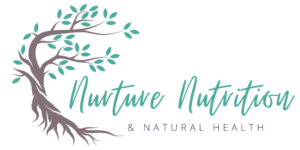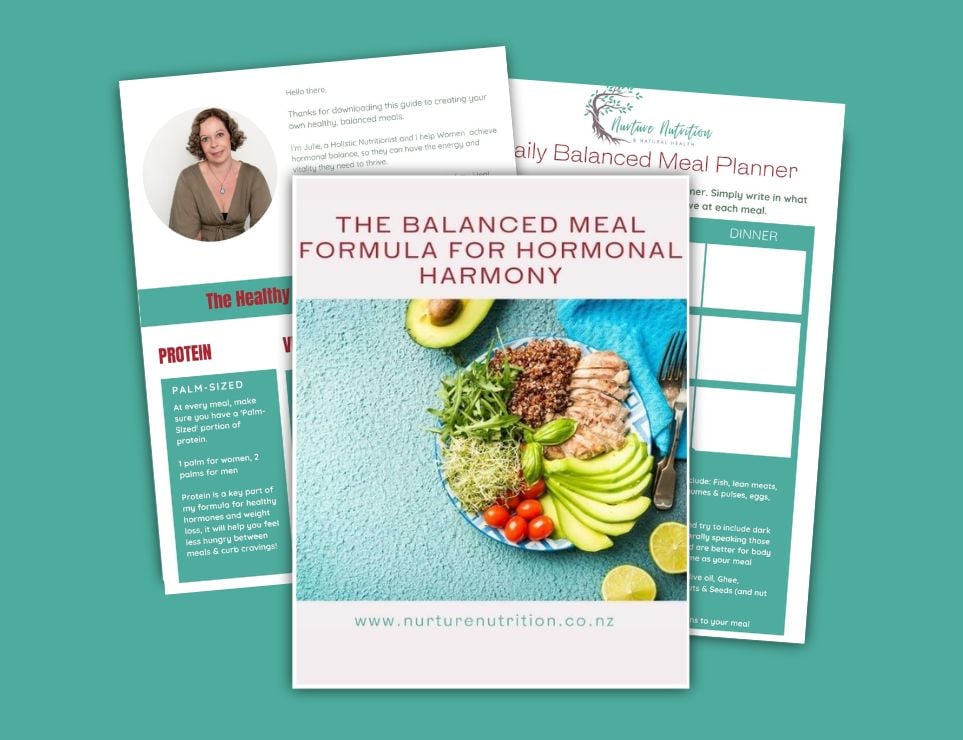Do you need Zinc? Zinc is probably the second most common mineral deficiency I see in clients (next to magnesium) and is second to iron in terms of its abundance in our bodies. If you have gut issues, hormone or skin issues and are concerned about your immune health, thyroid or fertility then you are in the right place.
Why you should be thinking about your zinc levels
- Zinc is very important for our hormones
- Zinc strengthens the immune system
- Zinc fights inflammation
- Zinc promotes wound healing
- Zinc is important for skin health and aging
- Zinc is really important for adequate stomach acid
- Zinc helps keep your metabolism healthy
- Zinc can help improve your sense of taste and smell
- Zinc helps balance thyroid function
- Zinc is essential for fertility
Zinc is also one of my top 4 thyroid nutrients and you can read more about how important zinc is for your thyroid here
So given that zinc is so important for so many body processes, organs and systems it would make sense then that zinc deficiency symptoms can include:
- Hormone Imbalance
- Thyroid disease
- Poor sense of taste and smell
- Reflux
- Feeling of food sitting in the stomach
- Bleeding gums and gingivitis
- Loss of appetite
- Poor growth and fussiness in Children
- Hair Loss
- White spots on the nails
- In men – infertility and prostate enlargement
- Night blindness
- Acne
- Poor wound healing
- Poor immunity
- Increased body odor
Who is most at risk of deficiency?
Pregnant Women and the Elderly are particularly susceptible to zinc deficiency.
Teenage boys tend to be another at risk group especially around age 13-14 which is the peak time of acne.
Zinc deficiency in pregnant Women is very common and statistics suggest 82% of pregnant Women are considered zinc deficient. This is due to the fact that they require almost triple the amount of the daily recommended amount of zinc for fetal growth.
Vegetarians and Vegans are at risk of deficiency as animal foods contain the highest levels of zinc. Even if Vegetarians and Vegans increase their zinc rich plant based foods these foods are less bioavailable as they contain phytates which may bind to zinc and inhibit absorption.
Also just to note that zinc is displaced by nearly every heavy metal. In more severe cases I may recommend getting minerals and toxic elements (metals) measured by HTMA test which I can provide and interpret for you.
Replenishing your Zinc Levels:
How much zinc do you need?
All RDA’s differ but a general amount to prevent deficiency is – 8mg Women, 11mg Men, 3-5 mg Children, 25 mg Pregnant Women. This is just to maintain levels for a healthy person, if you are already deficient you will need more.
Food
Most of us are not getting enough zinc in our diets which can lead a lot of us to borderline levels even if we are not in the higher risk group. We should be aiming to get this from our diets at the amounts listed above as a bare minimum. Zinc requirements do not decrease as we age.
Zinc rich foods include – Meats, Seafood, Poultry, Dairy products, Whole grains and Nuts.
If you rely on plant sources of zinc consider soaking, sprouting and fermenting grains, nuts and seeds to reduce phytate levels. Cooking vegetables can help as well especially if you are having gut issues like reflux.
Supplements
I guide my clients on when to supplement, at what dose and for how long so if you want a personalised, professional recommendation based on your individual case and symptom picture you can learn more about working together here. You will also receive a prescription for a practitioner only product and support if needed to titrate your dose up.
If you are plant based, have recently been unwell (this increases your risk of deficiency) have lost your sense of taste of smell or have several signs of a zinc deficiency then you should consider a supplement.
I suggest to start slow and low with zinc as it can make you feel nauseous if your levels are very low and to take it with food. I hope you have found this information helpful and remember if you want a personal take on the top recommended nutrition, supplements, lifestyle, testing and more, hit the button below to look at how we can work together to ensure you get the quality of life you deserve x





